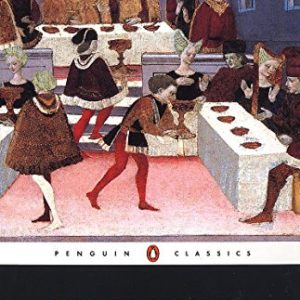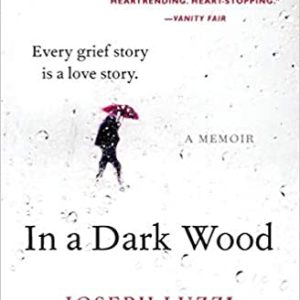
Censoring ‘Slaughterhouse-Five’
In this excerpt of a talk given at the National Humanities Center, Robert D. Newman discusses an exemplary humanities moment, when Kurt Vonnegut responded to the banning and burning of Vonnegut’s book Slaughterhouse-Five by school officials in Drake, North Dakota in 1973. Newman notes that this series of historical events involving the kinds of literature … Continued







